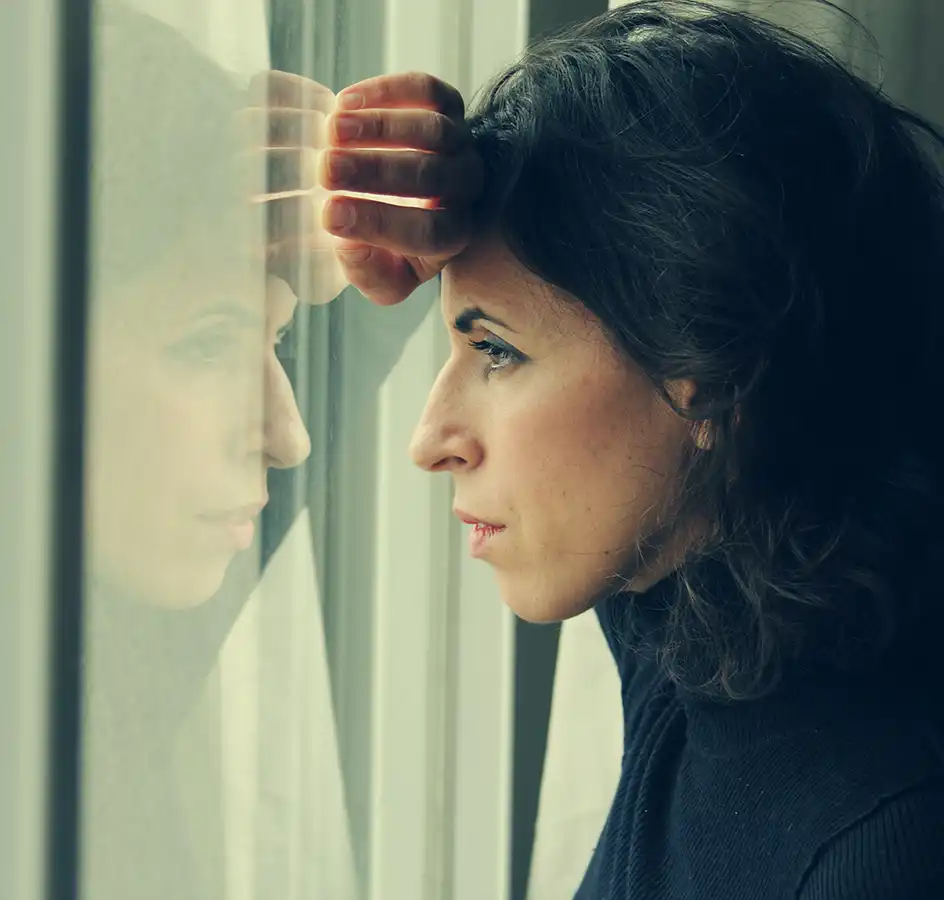Sexual Abuse in St. Louis Schools
Schools are meant to be safe places for children to learn and grow, but sexual abuse in St. Louis schools reveals how this duty can be broken. Abuse may involve teachers, administrators, coaches, volunteers, or others in positions of authority. Misconduct ranges from sexual comments or grooming to assault and digital exploitation. Because of the imbalance of power, students may fear reporting abuse or worry they will not be believed.
When St. Louis schools ignore or minimize reports, they engage in institutional betrayal. Survivors have rights under federal law, including protections through Title IX, which requires schools to investigate and respond to sexual harassment and assault. Survivors may pursue civil claims for damages including medical expenses, counseling, and lost educational opportunities. These actions also hold schools accountable for failing to protect students.
Learn more about sexual abuse in schools →
Sexual Abuse on St. Louis College Campuses
Sexual abuse is a serious and ongoing problem on college campuses, including those in St. Louis. Studies show that nearly one in four undergraduate women experience sexual assault during college. Yet most cases go unreported, with survivors facing stigma, retaliation, or indifference from administrators. Abuse may involve harassment, coercion, or assault by peers, faculty, or staff.
Universities in St. Louis are legally required under Title IX to address sexual harassment and assault. Survivors have the right to supportive measures such as counseling, schedule changes, housing accommodations, and no-contact orders. They may also pursue legal claims when schools mishandle complaints or fail to protect students. Holding campuses accountable not only secures compensation for survivors but also promotes systemic reforms to create safer environments.







